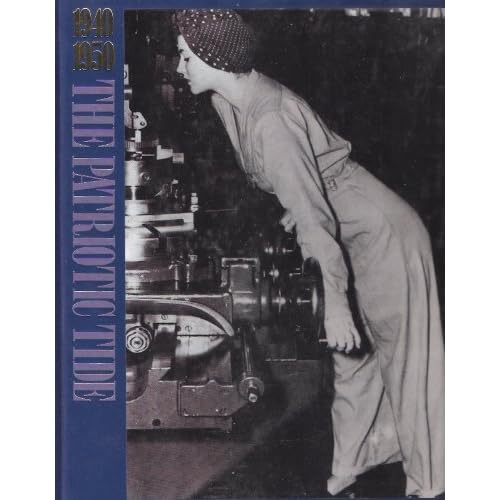Chronic pain and fatigue mean that I struggle with energy for preparing square meal. Increasingly this means I make use of one-pot recipes, but sometimes the desire to eat/serve something a little bit different can mean that I spend dramatic amounts of energy and can be tired for days. So I need a new repertoire, and gradually I'm finding new dishes and combinations that work well.
I occasionally browse cookbook sections in bookshops, but generally find these are not as helpful as one might think. See, I know how to cook. The problem is not learning to cook, but thinking up dishes that meet the necessary restrictions. Moreover, most cookbooks seems to have a dramatically different idea from me of what constitutes an "easy" recipe. For example, Nigella Lawson's version of "easy" cooking, that often takes half an hour and uses several pots I'll then have to wash up, is the sort of dish I might consider on a day I was feeling particularly well, not on a day I was feeling tired and in lots of pain.
So what I need are recipes that meet the following restrictions:
- Low financial cost: No posh imported ingredients, no boneless skinless nonsense.
- Nutritional value: It's important to me that I eat a balanced range of vitamins and other nutrients because this helps in the management of my symptoms.
- Low on mental spoon-cost: This will vary from person to person, but for me it means working with foods I'm likely to have already in my kitchen (since I can't usually run out at the last minute to pick up a few ingredients). And while I do buy fresh foods regularly, recipes that rely on ingredients with a longer shelf-life are preferred (since I'm more likely to have those things on any given day). Brownie points if you can make a good meal entirely out of non-perishables. Also: if I can minimise the planning-ahead time, that's good too (so foods that have to be prepared a day in advance are right out).
- Low on physical spoon-cost: This will also vary from person to person, but for me it means minimal chopping, minimal washing up, minimal time I have to spend standing up.
So why is this a social justice issue? Well, as I've written before, the cheapest foods tend either to be low in the nutritional content I need or very high in spoon-cost. Foods that are really easy to prepare tend to be more expensive (because they include the cost of processing, chopping, skinning/boning, etc), and are often less healthy. If they are both easier to prepare and high in the nutritional content that I need, they are high in financial cost; we're talking nice cuts of lean meat and fish, whole grains, fresh fruit and vegetables -- all of these are dramatically more expensive than the less healthy options of tinned baked beans, tinned meat, etc.
And as a feminist, I also note that domestic work -- including the purchasing and preparation of food -- is disproportionately allocated to women. And when the women in question are disabled, these are the issues that arise. Oh, and did I mention? Disabled people and women are disproportionately poor.
Anyway I keep looking for new recipes that meet all of these, but the hope that I will find them in one of the cookbooks all the cool kids seem to be using is beginning to fade. As Kaz and I have often remarked, we may just need to write the book(s) ourselves.
Anyway, happy whatever-you-celebrate, or general happiness, if you do not celebrate anything this time of year. May your spoons be plentiful.
--IP

